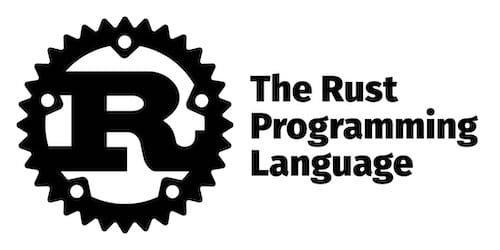How To Install Rust on AlmaLinux 9

In this tutorial, we will show you how to install Rust on AlmaLinux 9. In the realm of programming, Rust has emerged as a powerful, multi-paradigm language that prioritizes performance, safety, and concurrency. Its unique features, such as memory safety and thread safety, help to eliminate a wide range of bugs at compile-time, making it a preferred choice for many developers.
This article assumes you have at least basic knowledge of Linux, know how to use the shell, and most importantly, you host your site on your own VPS. The installation is quite simple and assumes you are running in the root account, if not you may need to add ‘sudo‘ to the commands to get root privileges. I will show you the step-by-step installation of the Rust programming language on AlmaLinux 9. You can follow the same instructions for CentOS and Rocky Linux or RHEL-based.
Prerequisites
- A server running one of the following operating systems: AlmaLinux 9.
- It’s recommended that you use a fresh OS install to prevent any potential issues.
- SSH access to the server (or just open Terminal if you’re on a desktop).
- An active internet connection. You’ll need an internet connection to download the necessary packages and dependencies for Rust.
- Bpytop requires certain permissions that can only be granted to a superuser or a user with
sudoprivileges. Ensure that you have the necessary administrative access.
Install Rust on AlmaLinux 9
Step 1. Keeping your system up-to-date is a fundamental best practice before installing any new software. To update your AlmaLinux 9 system’s package repository, execute the following command in your terminal:
sudo dnf clean all sudo dnf update
This command will fetch the latest versions of all packages and upgrade your system accordingly.
Step 2. Installing Rust Programming Language on AlmaLinux 9.
Rust offers a convenient script for downloading and installing the language in a single step. This script also installs rustup, a handy tool for managing Rust versions. To initiate the download and installation process, run the following command in your terminal:
curl --proto '=https' --tlsv1.2 -sSf https://sh.rustup.rs | sh
Upon execution, you’ll be prompted to proceed with the installation. Press “1” and hit Enter to continue with the default installation. Once the installation concludes, a message stating “Rust is installed now. Great!” will confirm the successful installation.
Post-installation, it’s essential to verify the successful installation of Rust. To do this, close your current terminal and open a new one. Execute the following command to check the installed Rust version:
rustc --version
If Rust has been installed correctly, this command will display the version of Rust installed on your system.
Step 3. Troubleshooting Tips.
If you encounter any issues during the installation process, here are a few troubleshooting tips:
- Ensure your system is up-to-date before starting the installation.
- Check your internet connection if the download process fails.
- If the
rustc --versioncommand doesn’t return the expected output, try restarting your terminal or your system.
Congratulations! You have successfully installed Rust. Thanks for using this tutorial for installing the Rust programming language on your AlmaLinux 9 system. For additional help or useful information, we recommend you check the official Rust website.